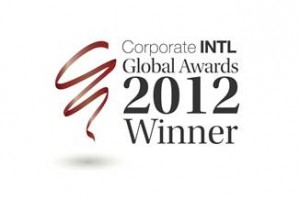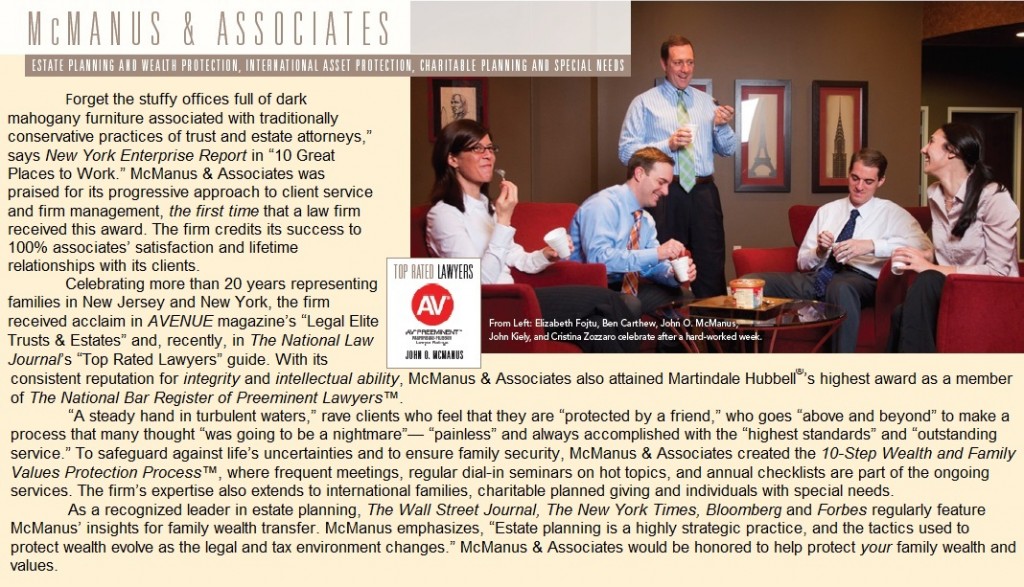The Dog Days of summer are past us and the recent return to school for so many reminds us of the simple task of protecting our young adults and our minor children. McManus & Associates is pleased to share the recording of our “Back to School” edition conference call, which addresses issues associated with the well-being and care of young adult and minor children.
LISTEN HERE: “Top 10 Planning Issues for Recently Emancipated Children (over 18) and Minors”
Below please find a list of topics that attorney John O. McManus, founding principal of the firm, covers in the discussion.
1. Legal and medical risks for children upon reaching age 18, legal adulthood. What happens if they are in a car accident or are hospitalized? How can we access medical and school records?
2. Overseas travel and study abroad. What are the necessities when your child is overseas?
3. Upon attaining age 18, does your child require a will?
4. Your child is 18. Should you appoint him or her as your representative in your incapacity planning?
5. Your child is 18 or 25. Should you make outright gifts to them? What are the risks of these gifts and custodial accounts?
6. Your 25 year old (or younger) child is getting married. Should you review with them whether a prenuptial agreement is necessary to protect the family assets?
7. Your child is under 18. What are the medical risks if you are unavailable?
8. Your child is under 18. What if both parents pass away or become incapacitated? What must a comprehensive plan to protect this child address in addition to appointing guardians?
9. Your child is under 18 and your selected guardians reside overseas. What are the risks to getting them “Home?”
10. Passports for children. What is the relevance of children of foreign nationality having a passport in the foreign jurisdiction? If your children are foreign born or going overseas, are passports current in the event of an emergency?
Please contact us — McManus & Associates, a trusts and estates planning law firm — at (908) 898-0100 if we can help with any questions.








 ⟩
⟩ ⟩
⟩ ⟩
⟩ ⟩
⟩ ⟩
⟩ ⟩
⟩